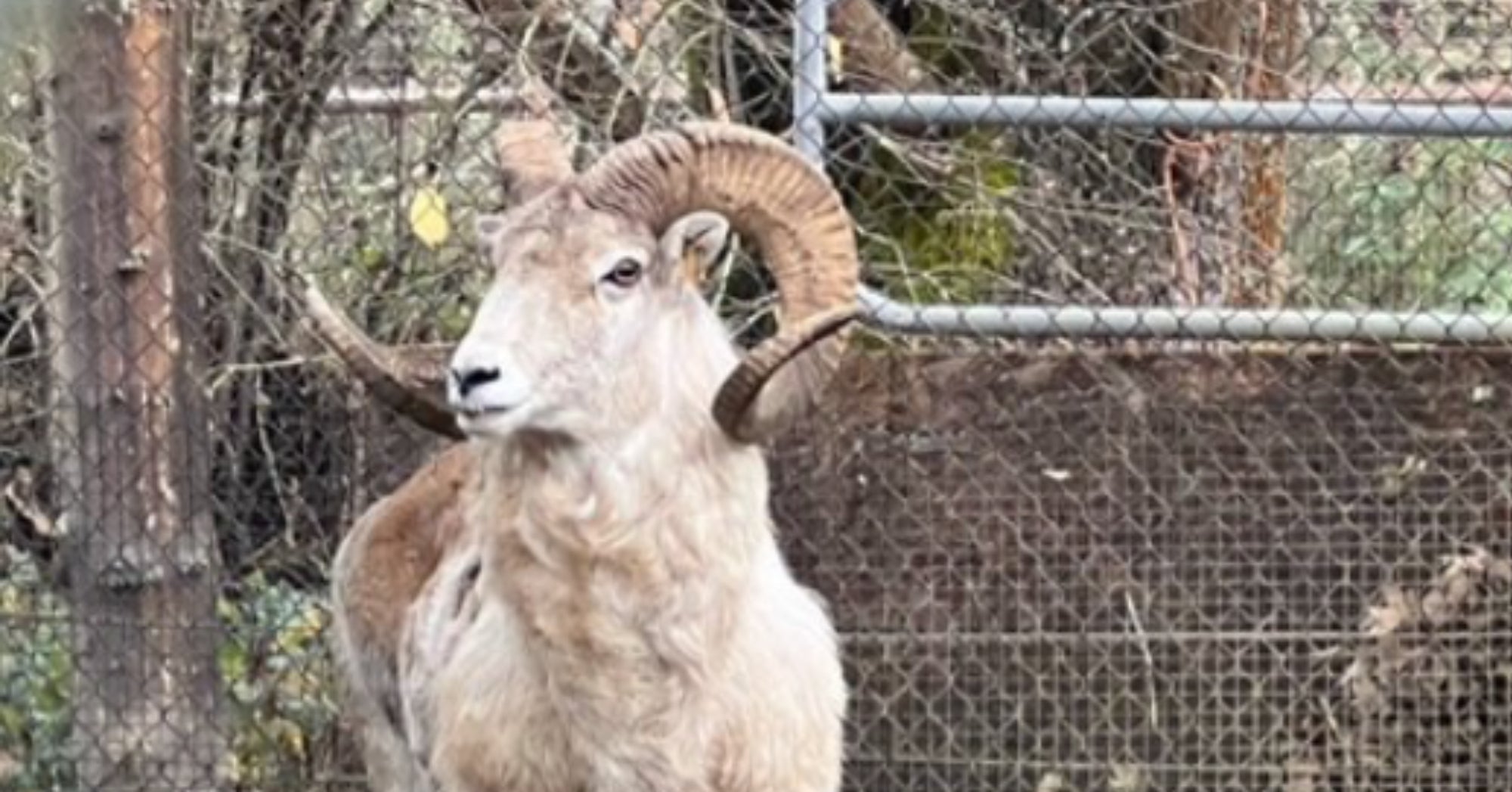Arthur Schubarth, an 81-year-old rancher from Vaughn, Montana, was sentenced to six months in federal prison for orchestrating a nearly decade-long wildlife trafficking scheme.
Schubarth illegally bred hybrid sheep using tissue from protected species to sell at premium prices to game preserves, primarily in Texas. His actions, which violated both federal law and international treaties, have drawn attention due to their potential harm to native wildlife populations.
Schubarth’s scheme involved using tissue from the Marco Polo argali sheep, a species native to Central Asia, protected under the Endangered Species Act. These animals are banned in Montana to prevent disease and hybridization that could affect the state’s native sheep populations.
According to the Office of Public Affairs, from 2013 to 2021, Schubarth conspired with others to import genetic material from these sheep and used it to clone embryos that were implanted in ewes on his ranch. The result was a pure genetic male Marco Polo argali, which Schubarth named “Montana Mountain King” (MMK).
The creation of MMK marked the beginning of Schubarth’s plan to produce and sell larger hybrid sheep for captive hunting facilities. Using MMK’s semen, Schubarth and his co-conspirators artificially impregnated other ewes to produce these hybrid sheep, a lucrative endeavor for the illegal trade.
The scheme was not only about breeding larger animals but also involved falsifying veterinary inspection certificates to move prohibited sheep in and out of Montana. Schubarth even sold MMK’s semen directly to breeders in other states, compounding the legal violations.

Beyond the genetic manipulation of sheep, Schubarth was also implicated in other illegal activities. In 2019, he purchased the testicles of a wild-hunted Rocky Mountain bighorn sheep, a protected species under Montana law. Schubarth used this genetic material to create further hybrids, violating state laws that prohibit the sale of game animal parts and their use in alternative livestock ranches.
The case was brought to light when authorities discovered Schubarth’s use of forged documents to conceal his illegal activities. The U.S. Fish and Wildlife Service and the Montana Department of Fish, Wildlife, and Parks investigated the scheme, noting that Schubarth’s actions posed significant risks to Montana’s wildlife. At least two sheep involved in the hybridization process died from Johne’s disease, a highly contagious illness that can spread between animals through environmental contamination.
During sentencing, U.S. District Court Judge Brian Morris acknowledged Schubarth’s age and lack of prior criminal history but emphasized the need for a sentence that would deter others from attempting to tamper with wildlife genetics. Schubarth’s six-month prison term will be followed by three years of supervised release. Additionally, he was fined $20,000, which will be paid to the Lacey Act Reward Fund, and ordered to make a $4,000 payment to the National Fish and Wildlife Foundation.
Federal prosecutors condemned Schubarth’s actions as driven by greed. Jesse Laslovich, U.S. attorney for Montana, stated that Schubarth’s criminal conduct was not representative of how Montanans treat wildlife. Schubarth’s co-conspirators, who have not been named, also face scrutiny as part of this investigation.

Assistant Attorney General Todd Kim of the Justice Department’s Environment and Natural Resources Division noted the importance of enforcing the Lacey Act and other wildlife protection laws. The Lacey Act, one of the most powerful tools to combat wildlife trafficking, prohibits the trade of illegally taken wildlife across state lines. Schubarth’s scheme violated this act, and his efforts to conceal the illegal breeding of hybrid sheep were deemed a threat to both domestic and international wildlife.
In addition to the prison term and fines, Schubarth expressed regret during the trial, stating, “I will have to work the rest of my life to repair everything I’ve done.” His attorney, Jason Holden, remarked that the case had ruined Schubarth’s life and reputation, noting that the consequences of the cloning project had “broken him.”
Schubarth’s sentence, while relatively short given his age and lack of a criminal record, sends a message about the seriousness of wildlife trafficking. Wildlife officials stressed the importance of protecting native species from hybridization and diseases introduced by illegal trafficking, and this case demonstrates the extent to which some will go for profit at the expense of environmental laws.
The investigation continues as authorities look into Schubarth’s co-conspirators and the full extent of the illegal wildlife trade involved in the scheme.


